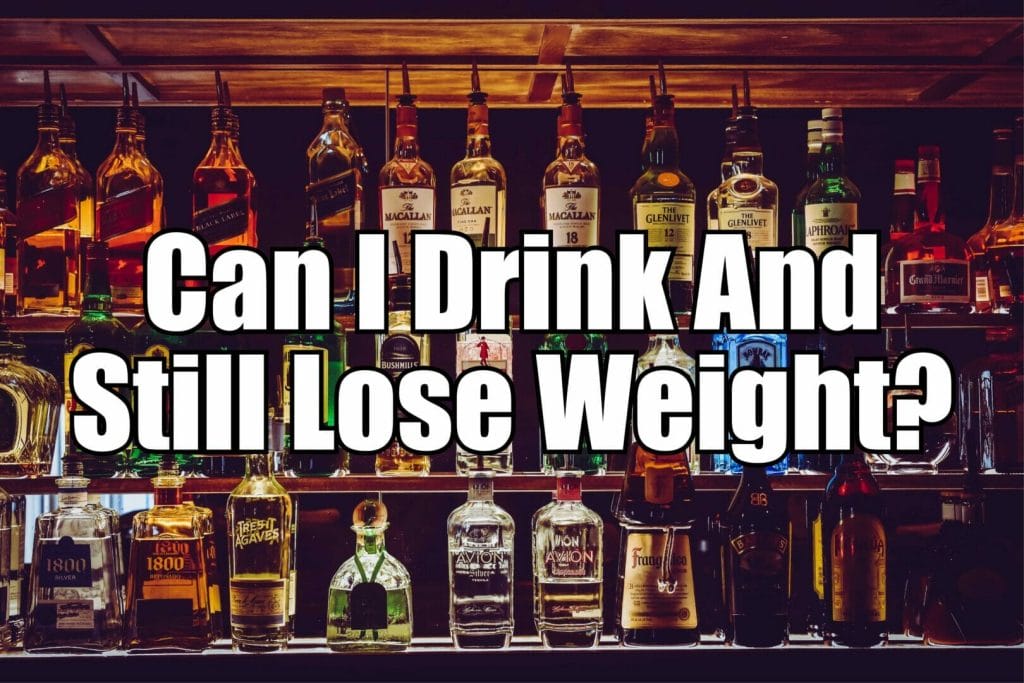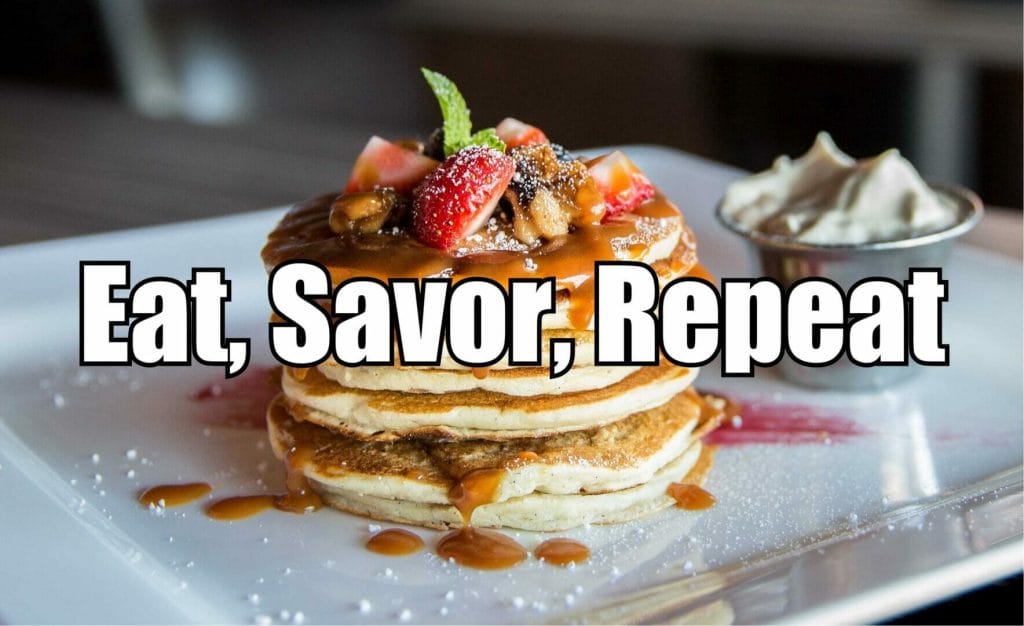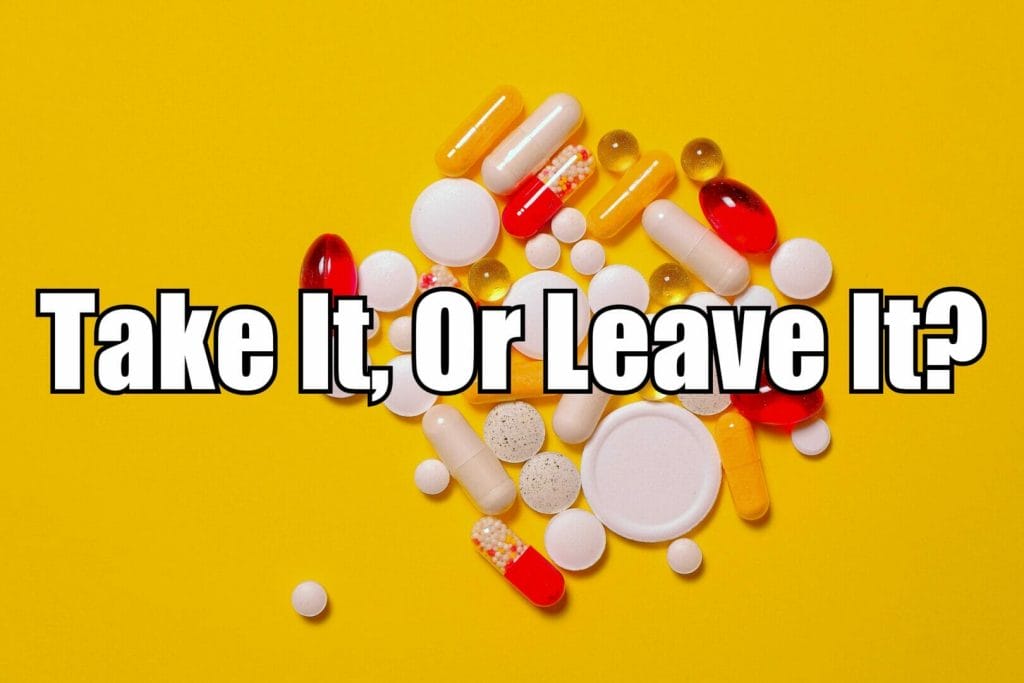If you’re beginning your journey into health and fitness, you may find yourself questioning the role of alcohol in your new lifestyle. Perhaps you’re wondering if you must quit drinking entirely, or if there’s a way to enjoy a drink now and then while still achieving your health and fitness goals. Let’s delve into this topic and find some answers.
Alcohol’s Impact on the Body
Firstly, it’s essential to understand what happens when you consume alcohol. Alcohol gets immediate attention from your body because it is viewed as a toxin. When ingested, the body prioritizes metabolizing alcohol before fats, proteins, or carbohydrates. Consequently, the other macronutrients can be stored as fat instead of being used for energy.
Moreover, alcohol provides seven calories per gram, almost as much as fat, which provides nine. These calories lack nutrients, leading them to be classified as ’empty’ calories, contributing to weight gain without providing any health benefits.
Alcohol and Weight Management
In terms of weight management, alcohol can indeed be a barrier. As mentioned earlier, alcohol’s calories can quickly add up, leading to weight gain. In addition, alcohol often lowers inhibitions, leading you to eat more or make unhealthy food choices that you might usually avoid.
On the flip side, excessive alcohol consumption can also inhibit muscle growth. It interferes with the way the body breaks down nutrients and hampers recovery, making it harder to build lean muscle mass, which is essential for boosting metabolism and burning fat.
Balancing Alcohol and Weight Loss
While the above information might seem daunting, it doesn’t mean you have to swear off alcohol completely. It’s about balance, understanding, and making informed choices. Here’s how:
1. Practice Moderation: First and foremost, moderation is key. Overconsumption of alcohol can lead to an excessive intake of ’empty’ calories and poor dietary choices, which are detrimental to weight loss. Try to stick to the recommended guidelines, which suggest up to one drink per day for women and up to two drinks per day for men.
2. Choose Lower-Calorie Options: Not all alcoholic drinks are created equal. Some can be high in calories and sugar. Choose drinks like light beer, dry wine, or spirits mixed with zero-calorie beverages over high-calorie cocktails, sweet wines, or heavy beers.
3. Mind Your Mixers: Be aware of what you’re mixing with your alcohol. Sodas, juices, and creamy additions can be packed with calories and sugar. Opt for diet sodas, soda water, or just plain water to keep your calorie count down.
4. Pair With a Healthy Meal: Avoid drinking alcohol on an empty stomach, as it can lead to increased hunger and poor food choices. Instead, pair your drink with a balanced meal containing protein, complex carbs, and healthy fats.
5. Stay Hydrated: Alcohol can lead to dehydration, which can often be mistaken for hunger. Make sure to drink plenty of water throughout the day, and consider alternating alcoholic beverages with glasses of water.
6. Plan Your Drinking: If you know you have a social event coming up where you’d like to enjoy a drink, plan for it. Keep your calories in check throughout the day and account for the calories your drink will add.
7. Listen to Your Body: Everyone’s body responds differently to alcohol. Pay attention to how your body reacts. If you notice that even moderate drinking leads to overeating or makes you feel sluggish the next day, it might be worth reconsidering your drinking habits.
Remember, while it’s possible to enjoy alcohol and still lose weight, it’s essential to maintain a balanced approach. Make mindful choices, listen to your body, and keep your overall health and wellbeing at the forefront. With the right balance, you can enjoy life’s pleasures while still working towards your weight loss goals.



